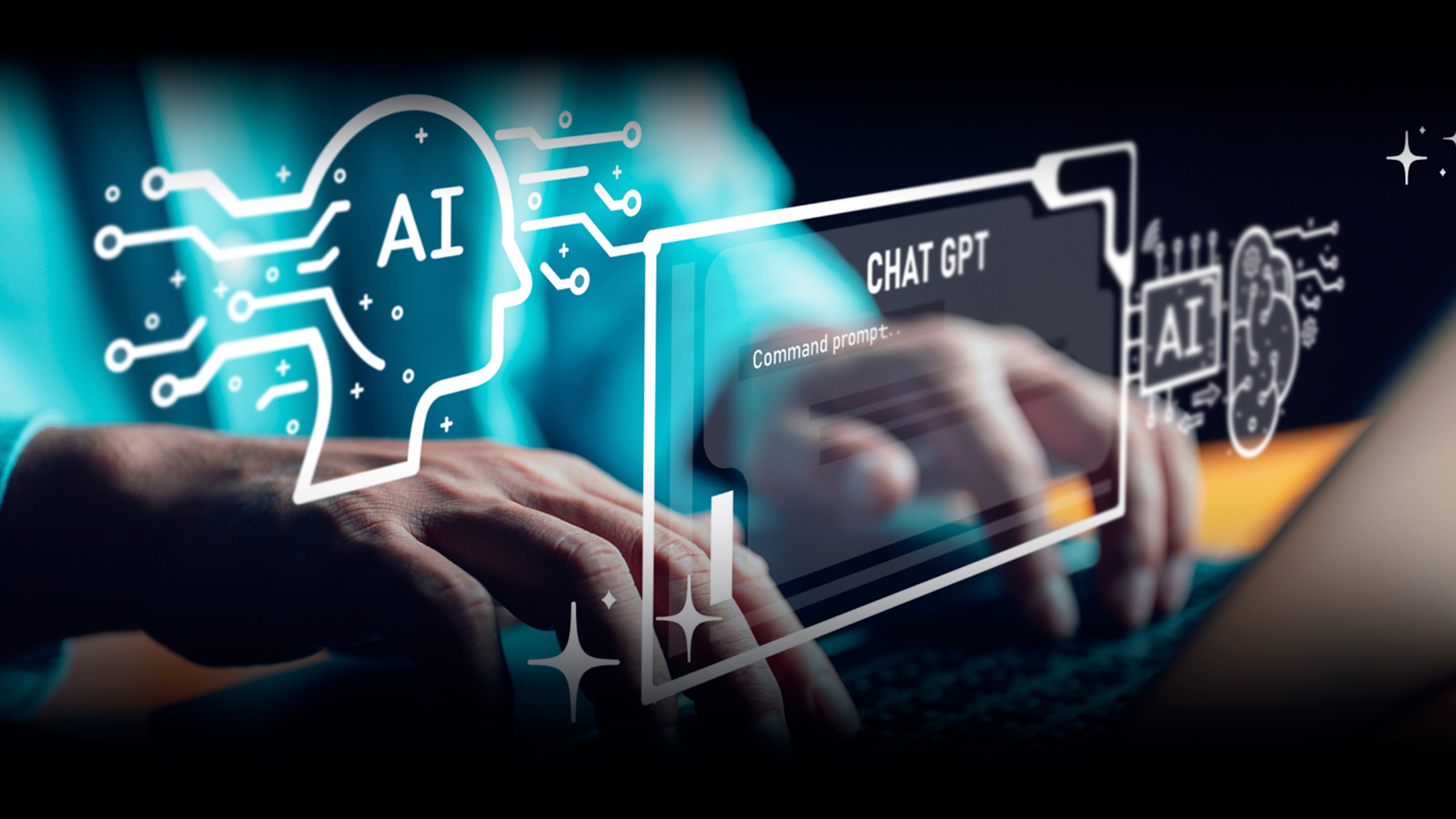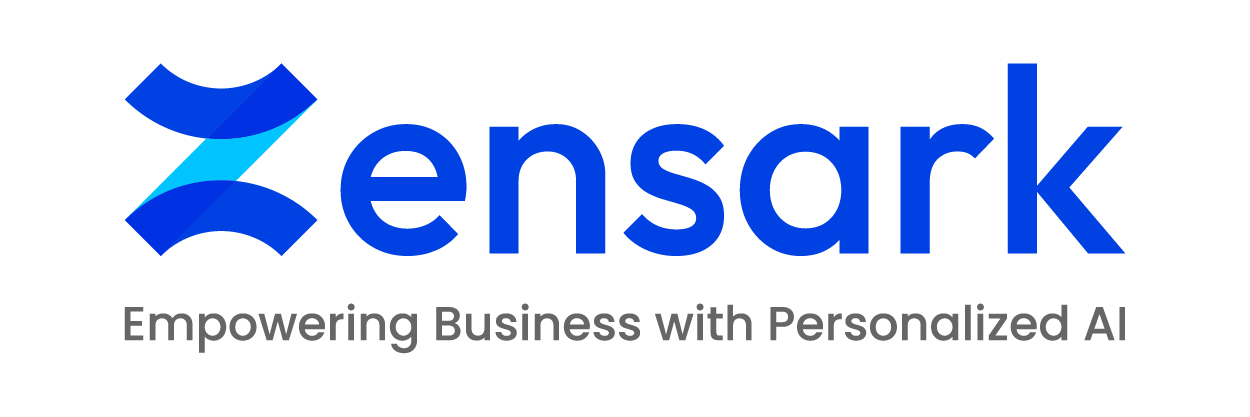Empowering LMS Writers with Smarter and Faster Learning using ChatGPT – Part 2
Satish Sodasani
June 30, 2023

In part one of “Empowering LMS Writers with Smarter and Faster Learning using ChatGPT”, we explored the core features of ChatGPT that make it an invaluable tool for LMS writers looking to improve the quality and effectiveness of their content by generating human-like text responses.
In the second part of the blog, let us explore some advanced features that can be game changer for the LMS industry.

Sentiment Analysis and Student Feedback: ChatGPT can analyze student feedback, forum discussions, or written assignments to provide sentiment analysis. It can help identify areas where students might be struggling and highlight topics that require further clarification.
ChatGPT’s ability to perform sentiment analysis is limited compared to specialized sentiment analysis models. It may not have the same level of accuracy or depth of analysis as models specifically trained for sentiment analysis tasks.

Natural Language Grading: ChatGPT can analyze and provide feedback on written assignments or essays. It can evaluate the content, coherence, grammar, and other aspects of student responses, offering constructive feedback and scores to help instructors in the grading process.

Language Translation: ChatGPT can translate text from one language to another. This feature can be utilized to provide translations of course materials, instructions, or other content, enabling students who speak different languages to access the learning materials.
In a country like India with each state having its own native language and the medium of education in tier 2 and 3 cities still being the local language, having such a feature in future versions can be a huge advantage.

Multi-turn Conversations: ChatGPT can engage in extended conversations with users, allowing for back-and-forth interactions. This enables a more dynamic and interactive learning experience where students can ask follow-up questions, seek clarification, or explore topics in greater depth.
Through this iterative process of pre-training and fine-tuning, ChatGPT learns from a wide range of conversational data and adapts its responses based on the given context and user input. The continuous engagement with users in multi-turn conversations helps identify areas where the model’s responses can be improved, and this feedback is used to refine and enhance the model over time.
Conclusion
By leveraging ChatGPT’s intelligent content generation, adaptive feedback, natural language understanding, and its ability to accelerate content creation, LMS writers can deliver high-quality educational content that engages learners and facilitates effective knowledge acquisition.
As the field of education continues to evolve, AI-powered tools like ChatGPT hold tremendous potential to enhance the capabilities of LMS platforms and revolutionize the way we create and consume educational content.
While AI tools offer numerous benefits as listed above, it’s important to note that it may have limitations and should be complemented by human instructors or support teams when necessary. Additionally, ensuring the accuracy and quality of the information provided by these tools is crucial for an effective learning experience.
